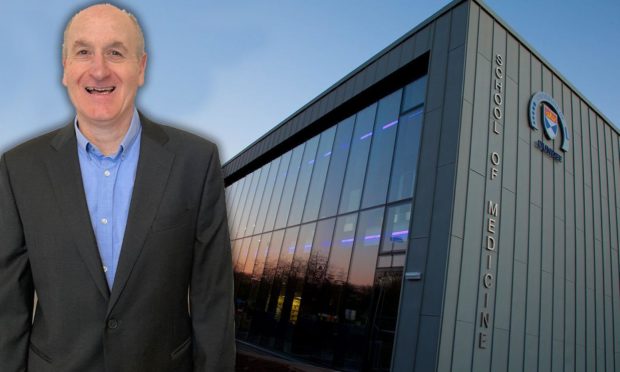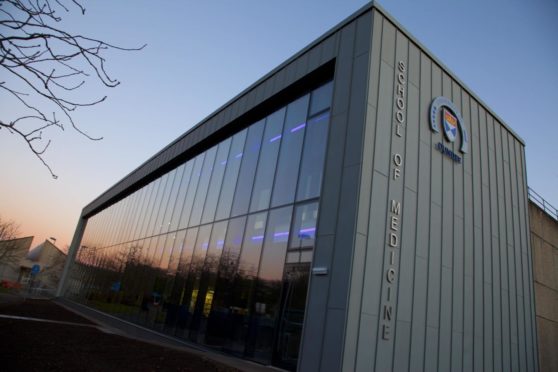The Bill & Melinda Gates Foundation have awarded major new funding to a Dundee project aiming to develop a new male contraceptive.
Experts at Dundee University aim to develop a new drug using the $1.7 million award.
It will be developed over the next two years.
Dundee University researchers hope to find suitable compounds with the potential to develop the first safe and effective male contraceptive drug.
‘New era in male contraception’
“There has been no significant change in the field of male contraception since the development of the condom,” said Chris Barratt, professor of reproductive medicine in the university’s School of Medicine.
“This means that much of the burden of protecting against unwanted pregnancies continues to fall upon women.
“We hope to address that inequality and we have already made progress, thanks to our previous round of funding received from the Bill & Melinda Gates Foundation.”
Professor Barratt is keen to see the future progress of the male contraceptive drug using the new funding.
He said: “Dundee is uniquely placed to continue with this research, combining our internationally recognised expertise in male fertility research within our School of Medicine, with our knowledge in drug design based within our School of Life Sciences.
“By the end of this two-year period we would like to have identified a high-quality compound that we can progress to the first stages of drug development.
“That would be a significant step forward for the field and could potentially be the key that unlocks a new era in male contraception.”
Challenging work
Recent data suggests that between 2015-19, there were 121 million unintended pregnancies.
Women living in the world’s poorest regions are nearly three times as likely to fall pregnant unintentionally, in comparison to those in the wealthiest regions.
“Our work is incredibly challenging,” added Professor Barratt.
“The importance of being able to work with world-class research colleagues within the same institution cannot be overstated.
“Collaborative working is absolutely critical as we proceed and being able to do that in-house is a huge advantage as we progress with this research.”











